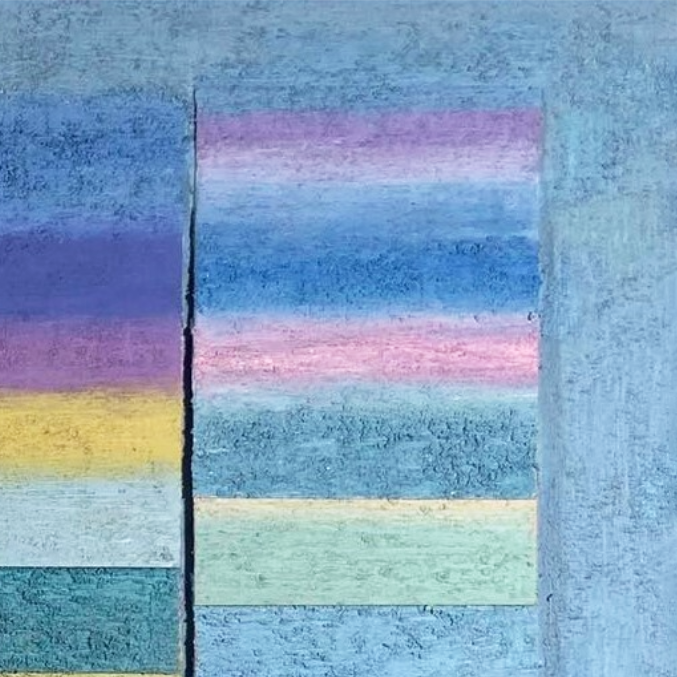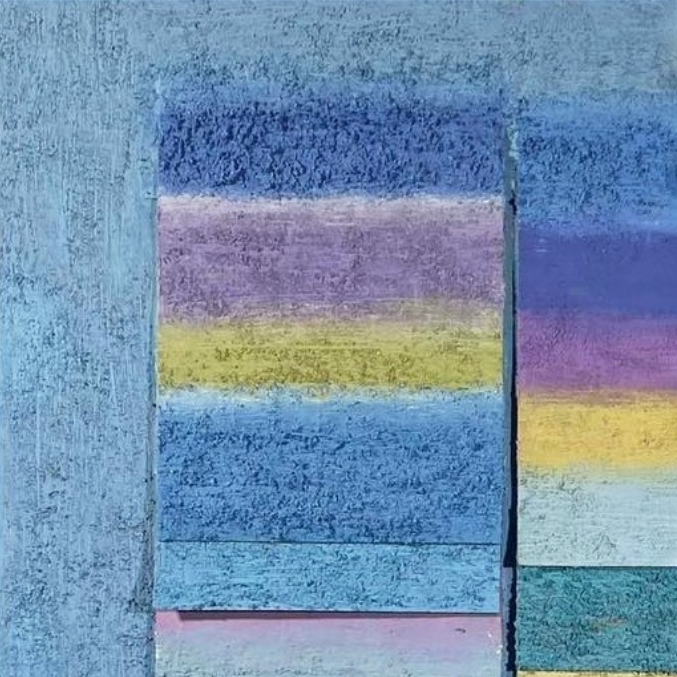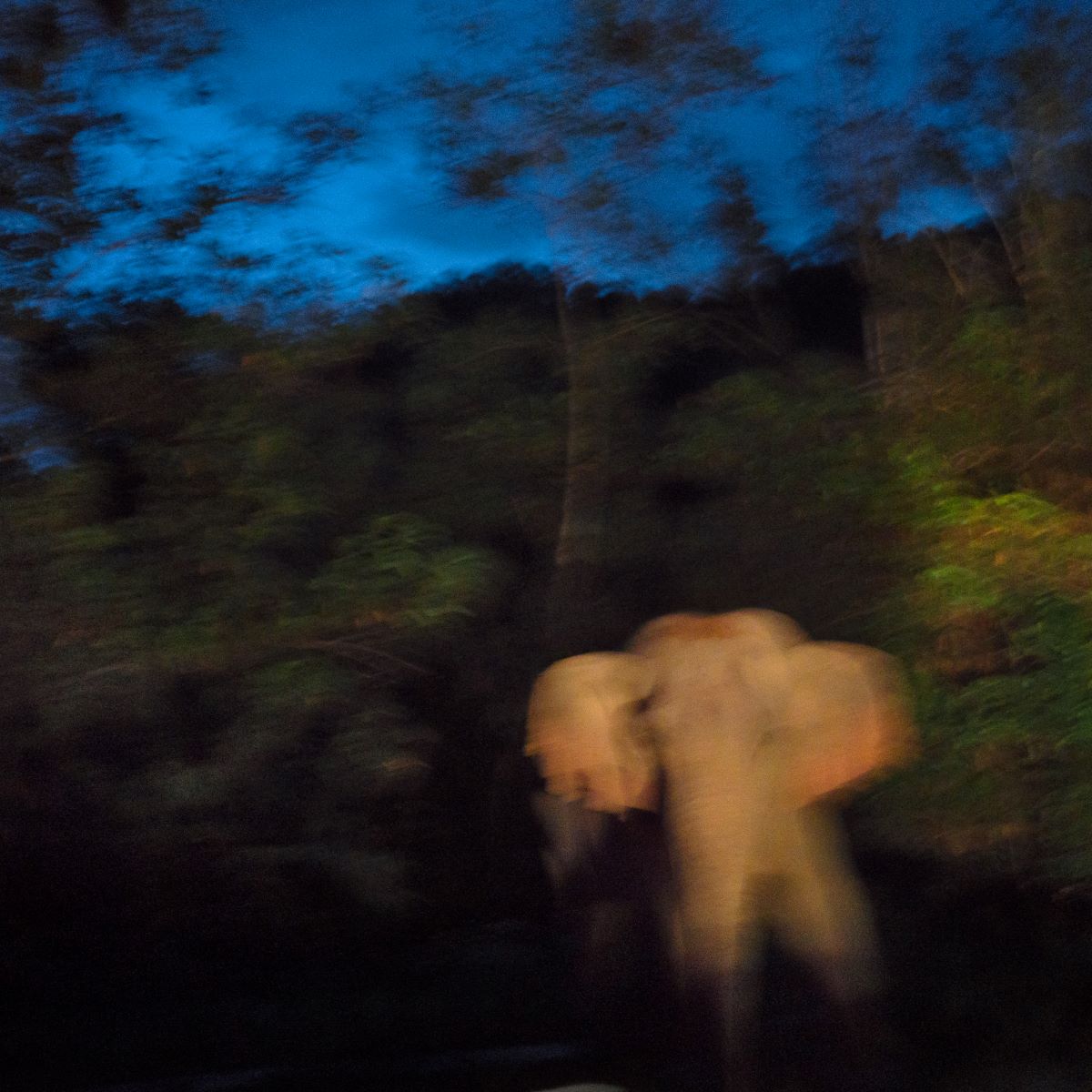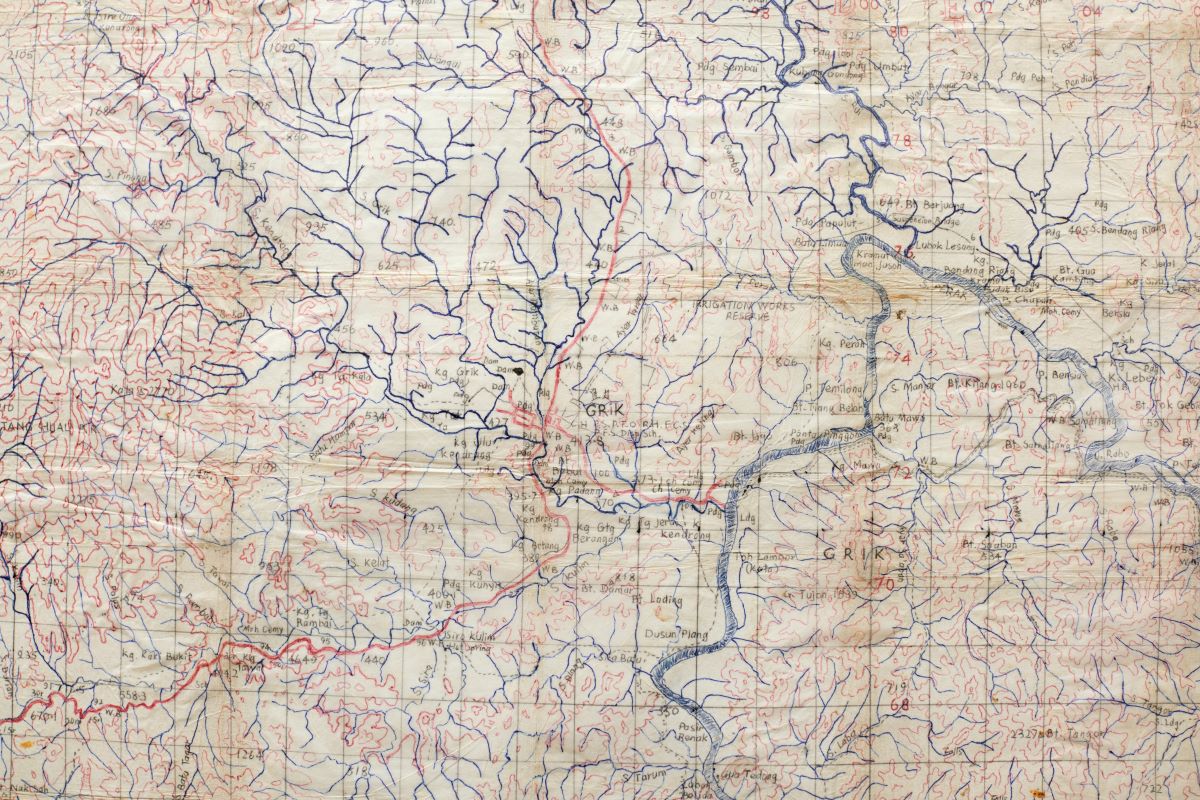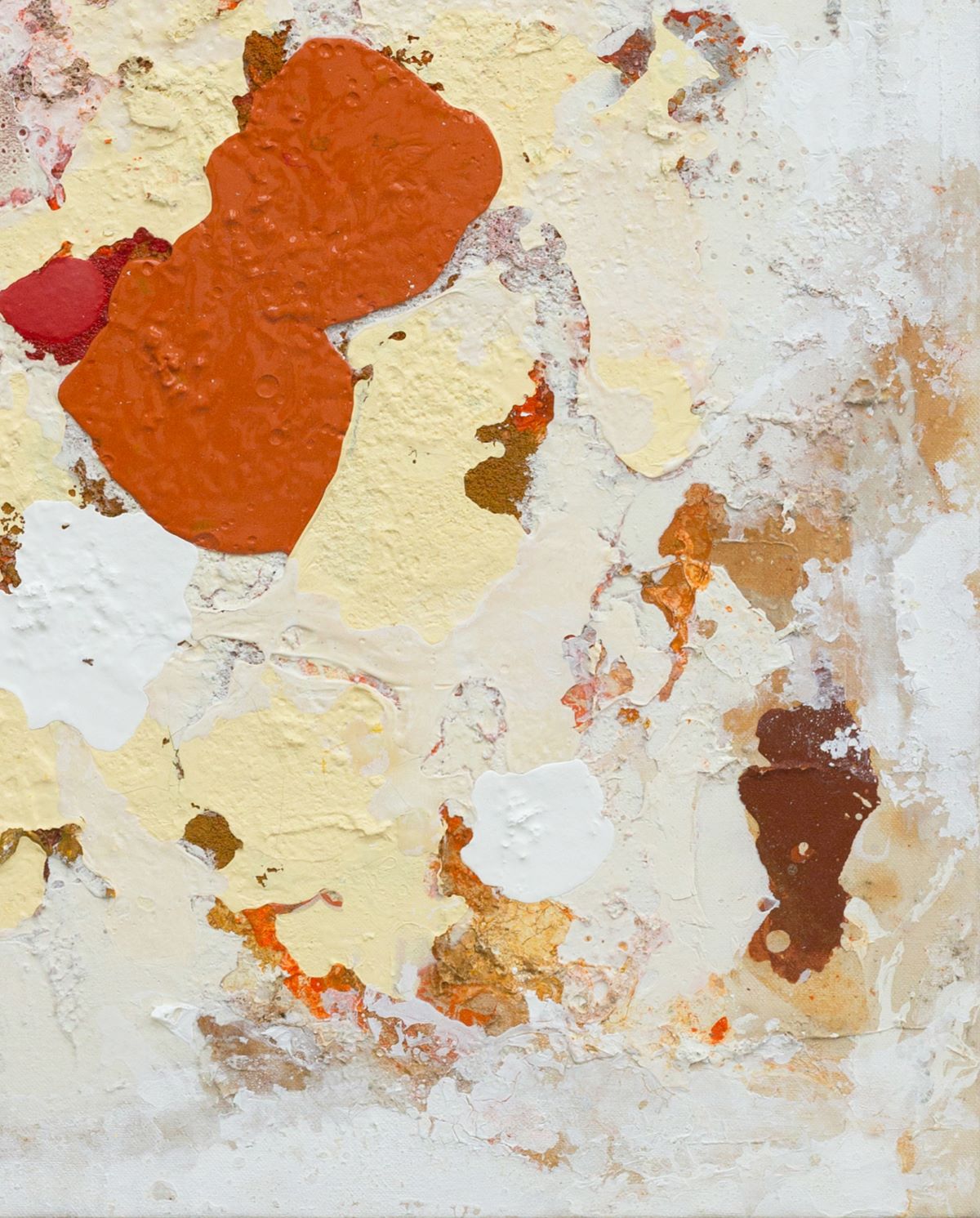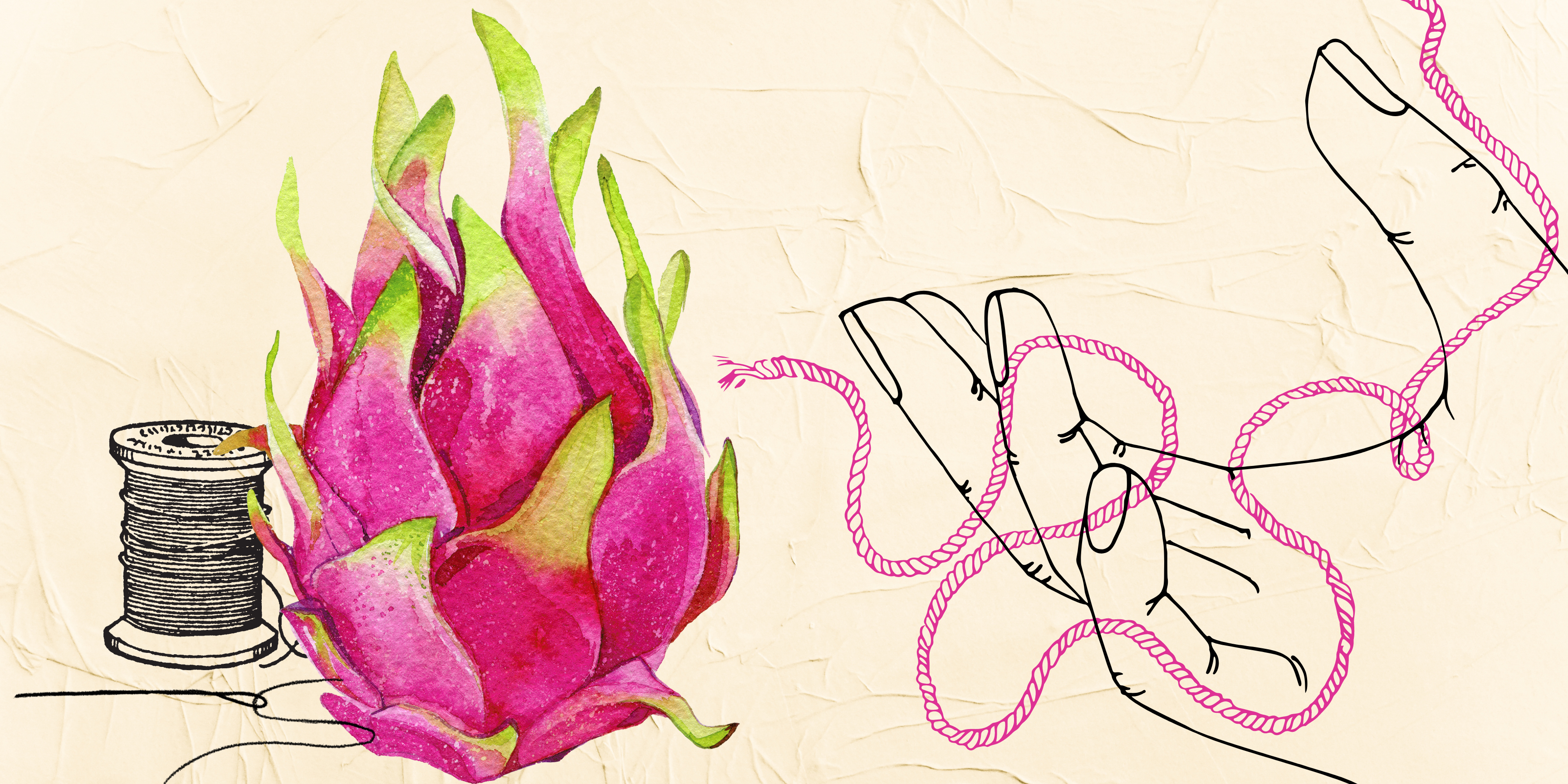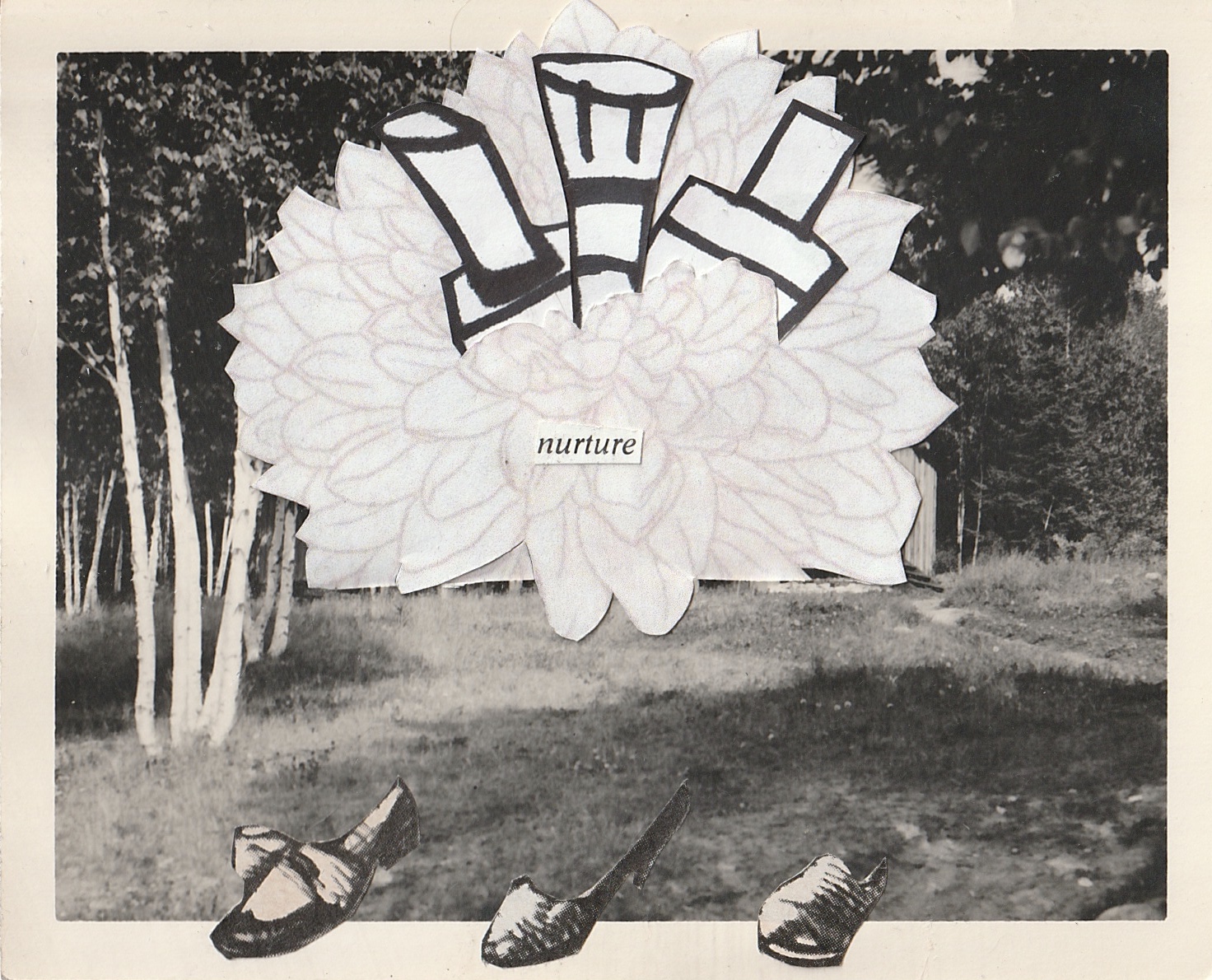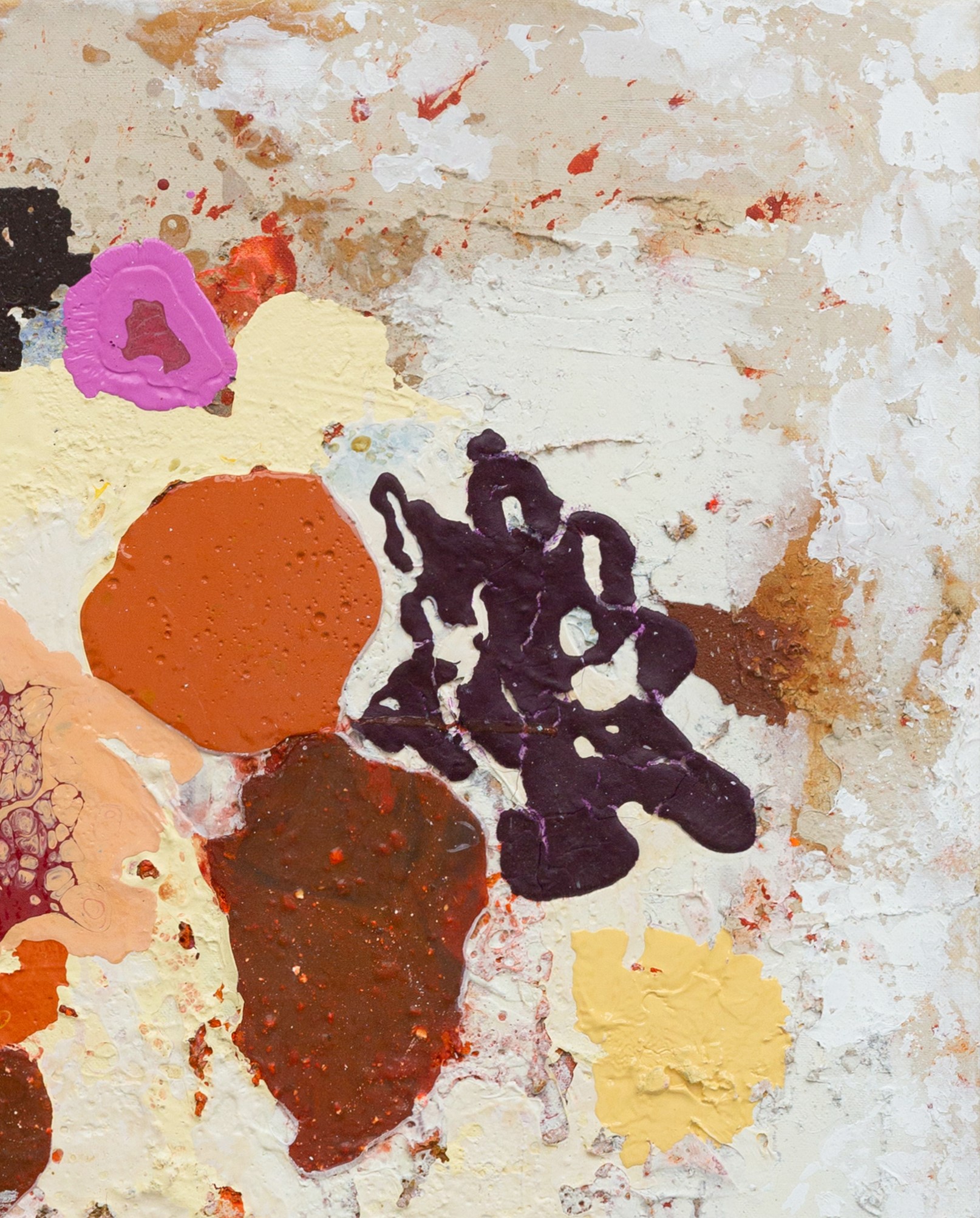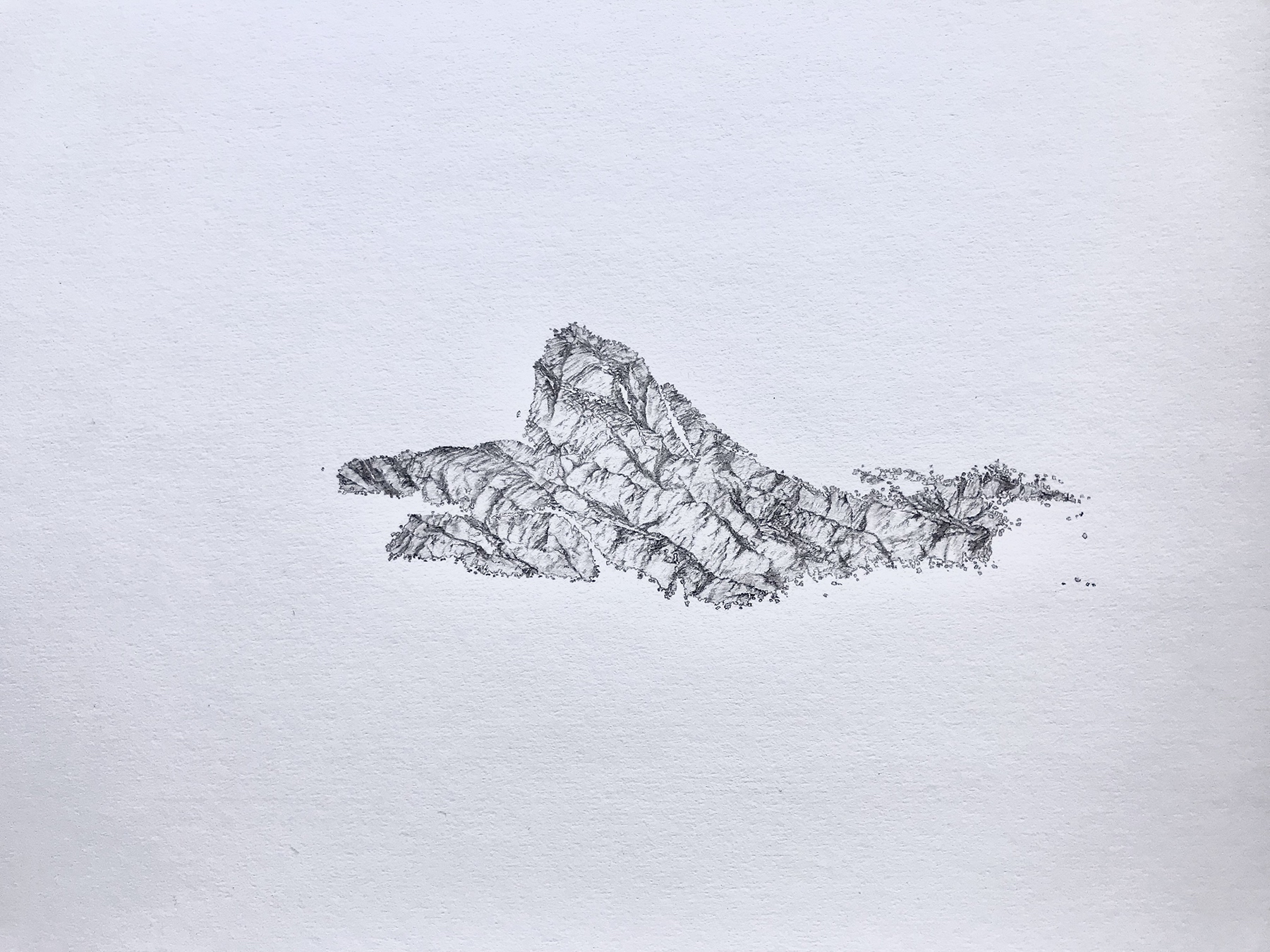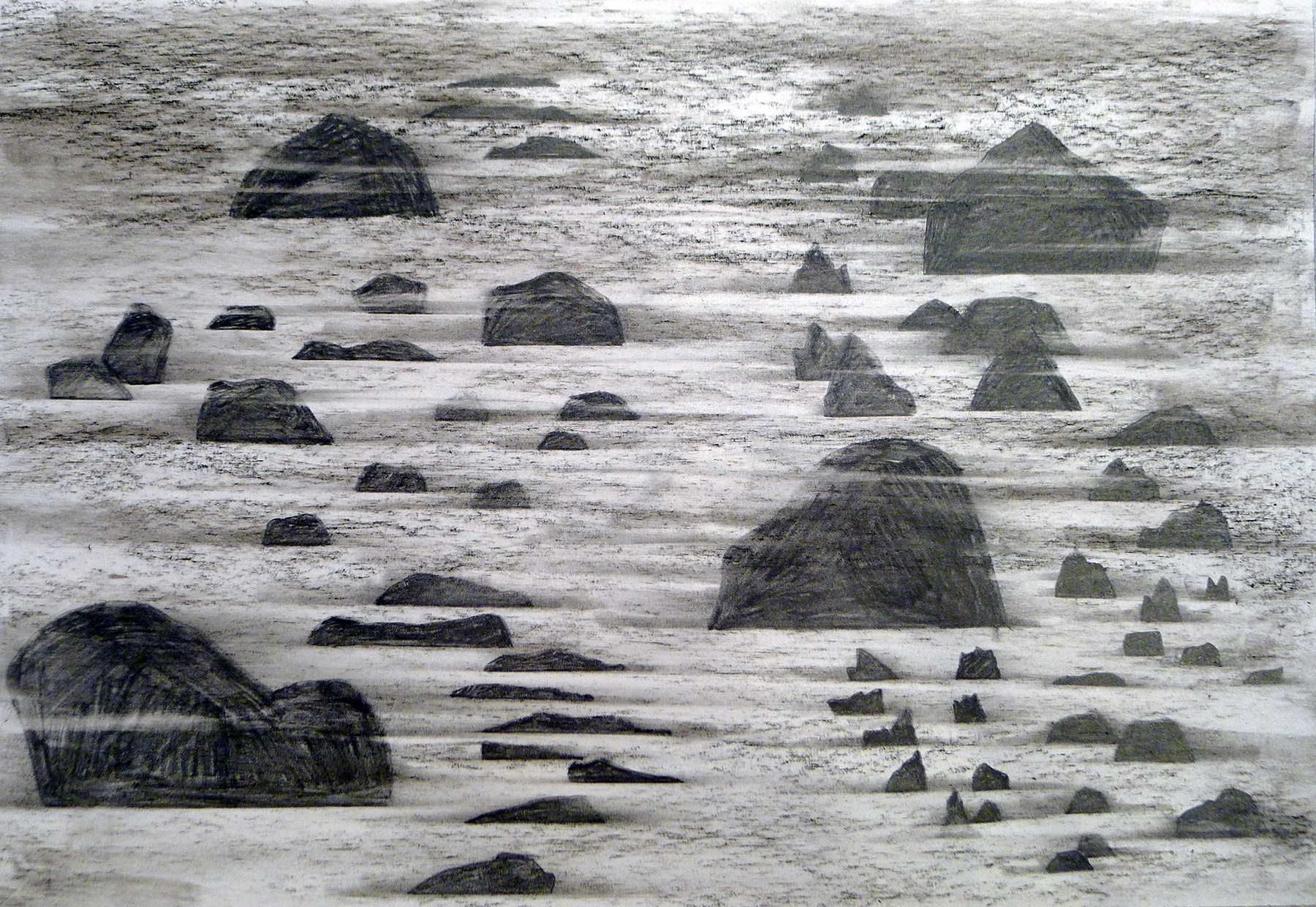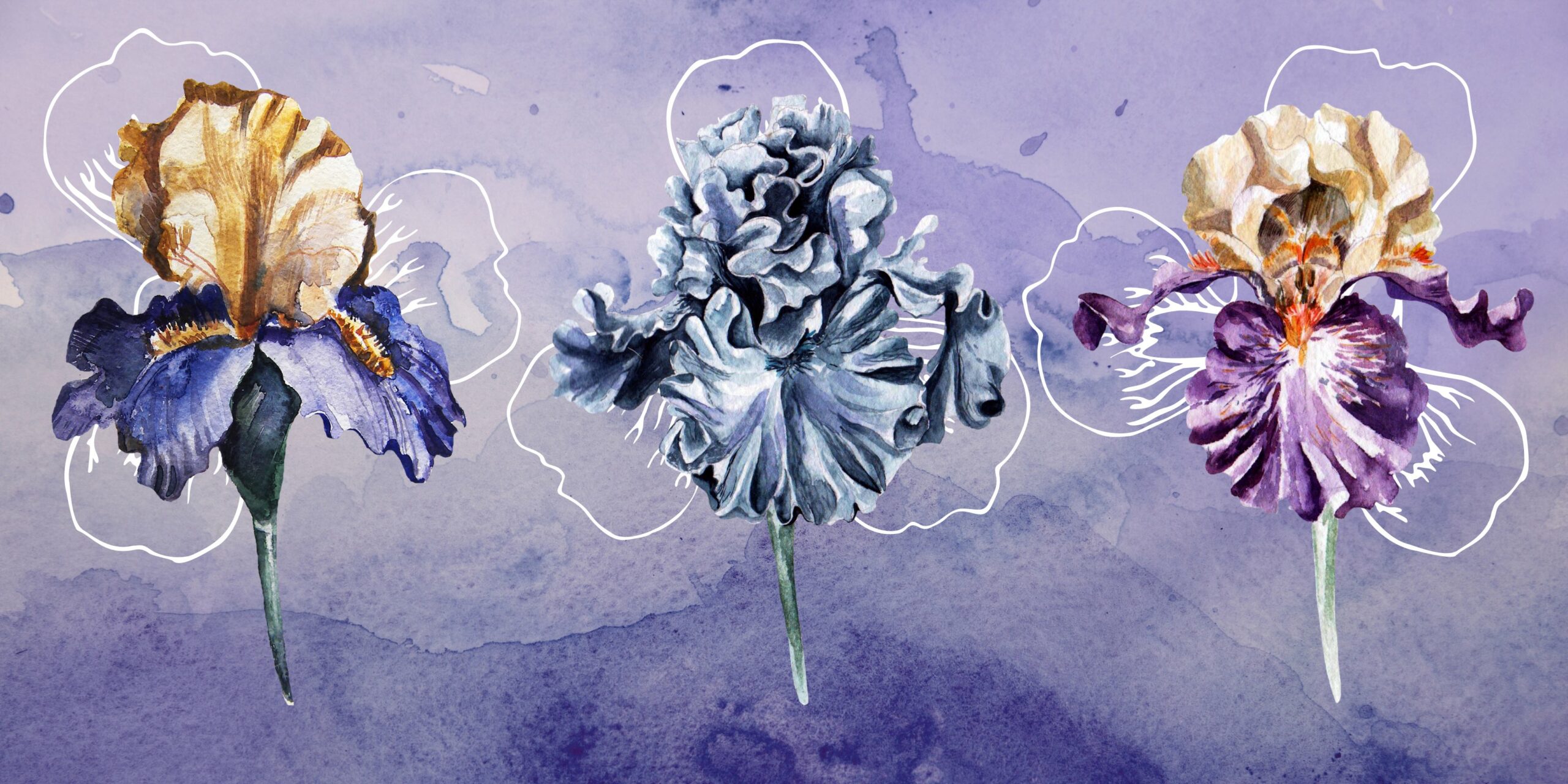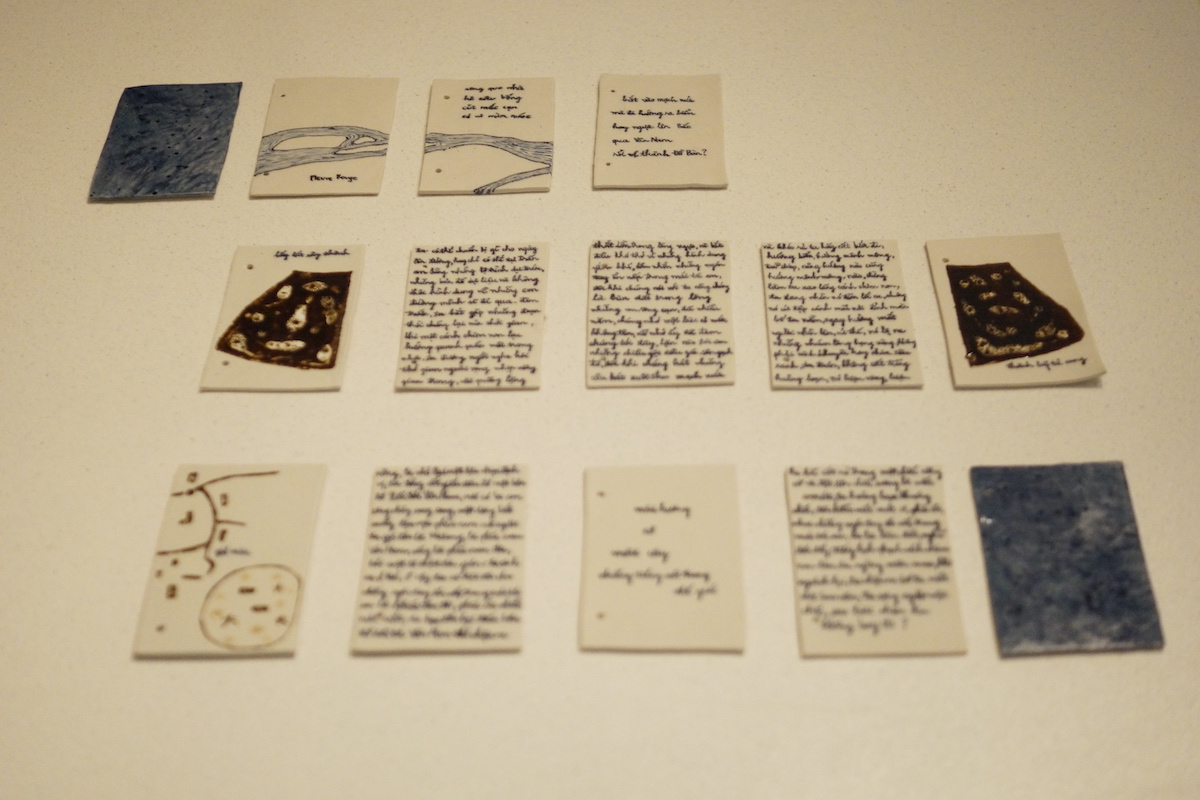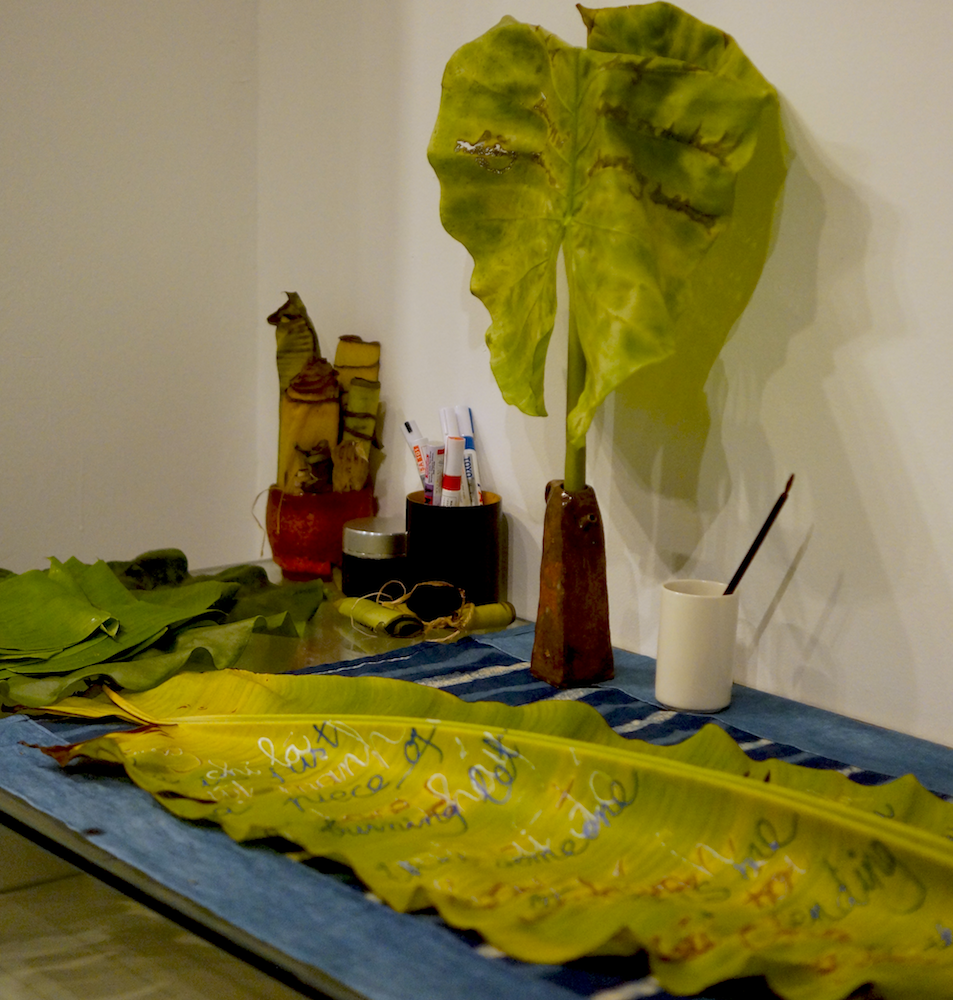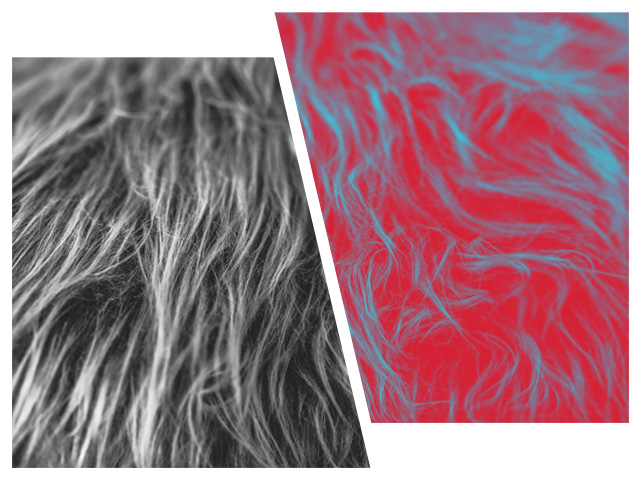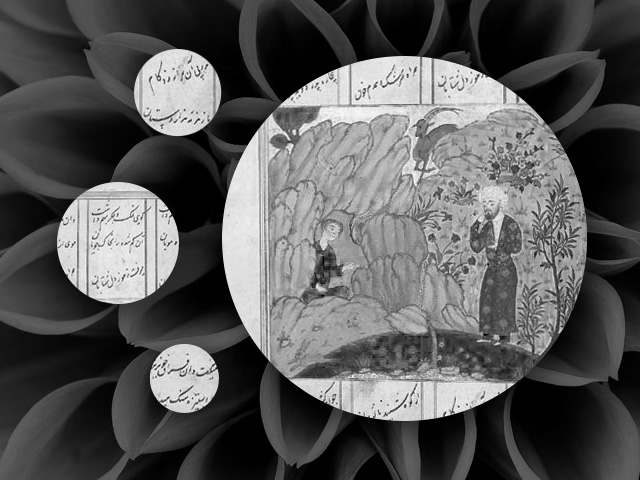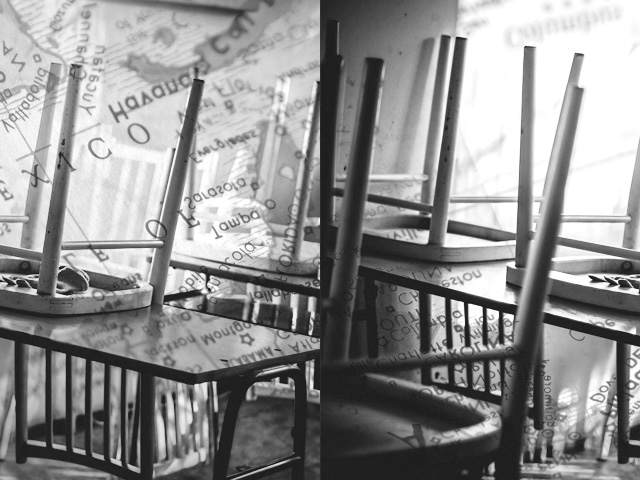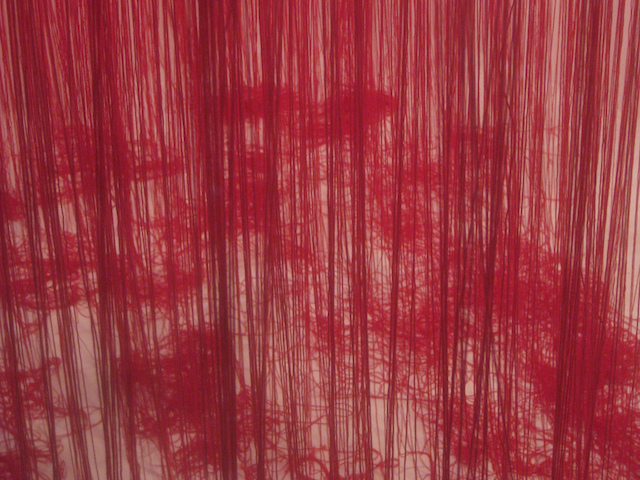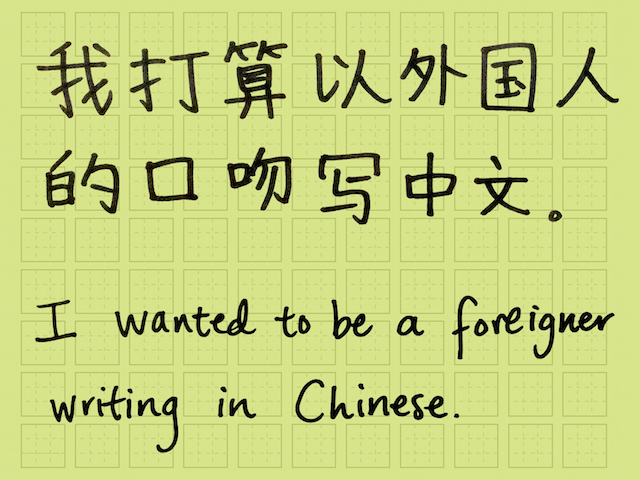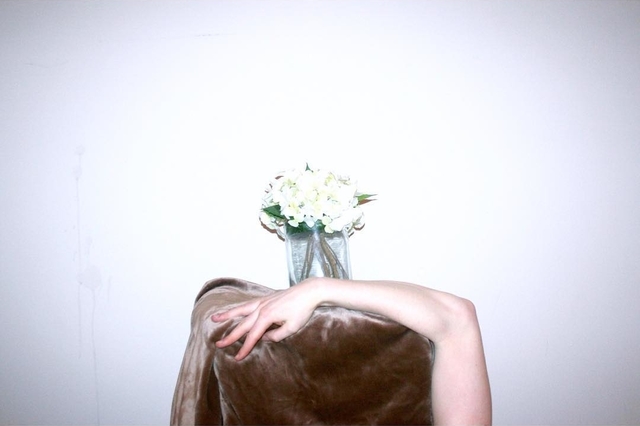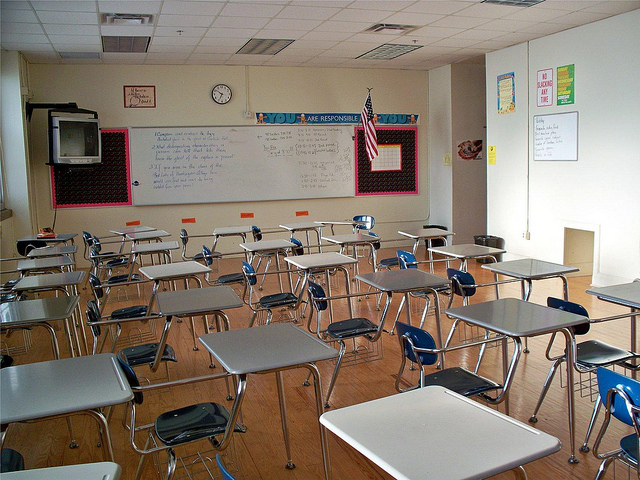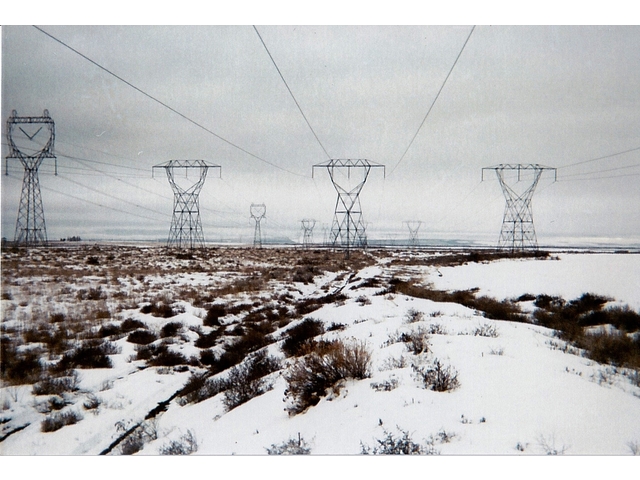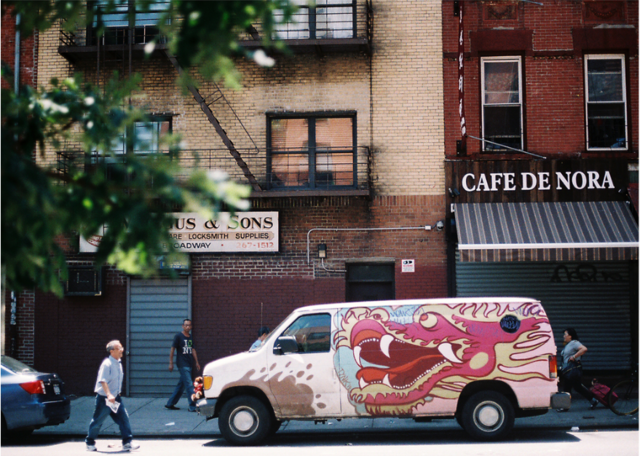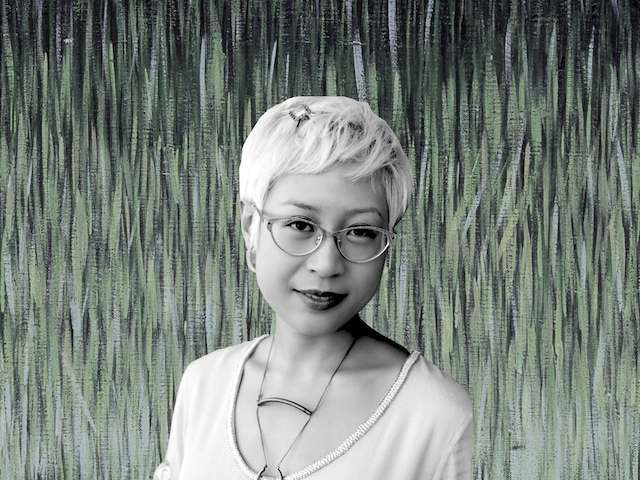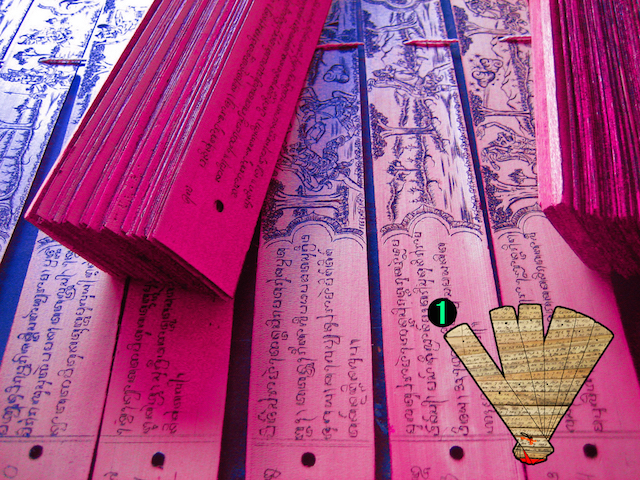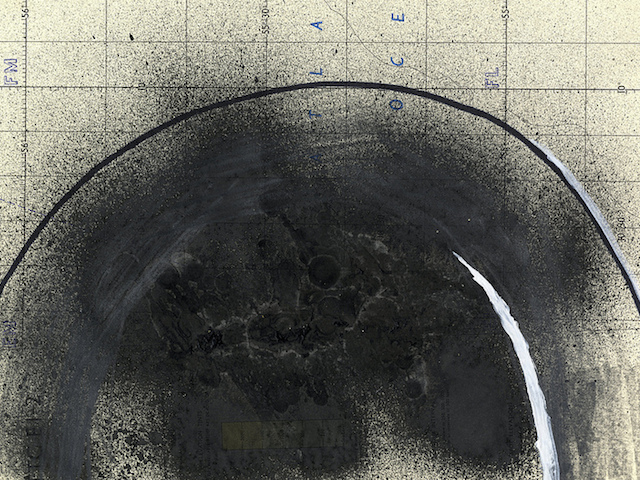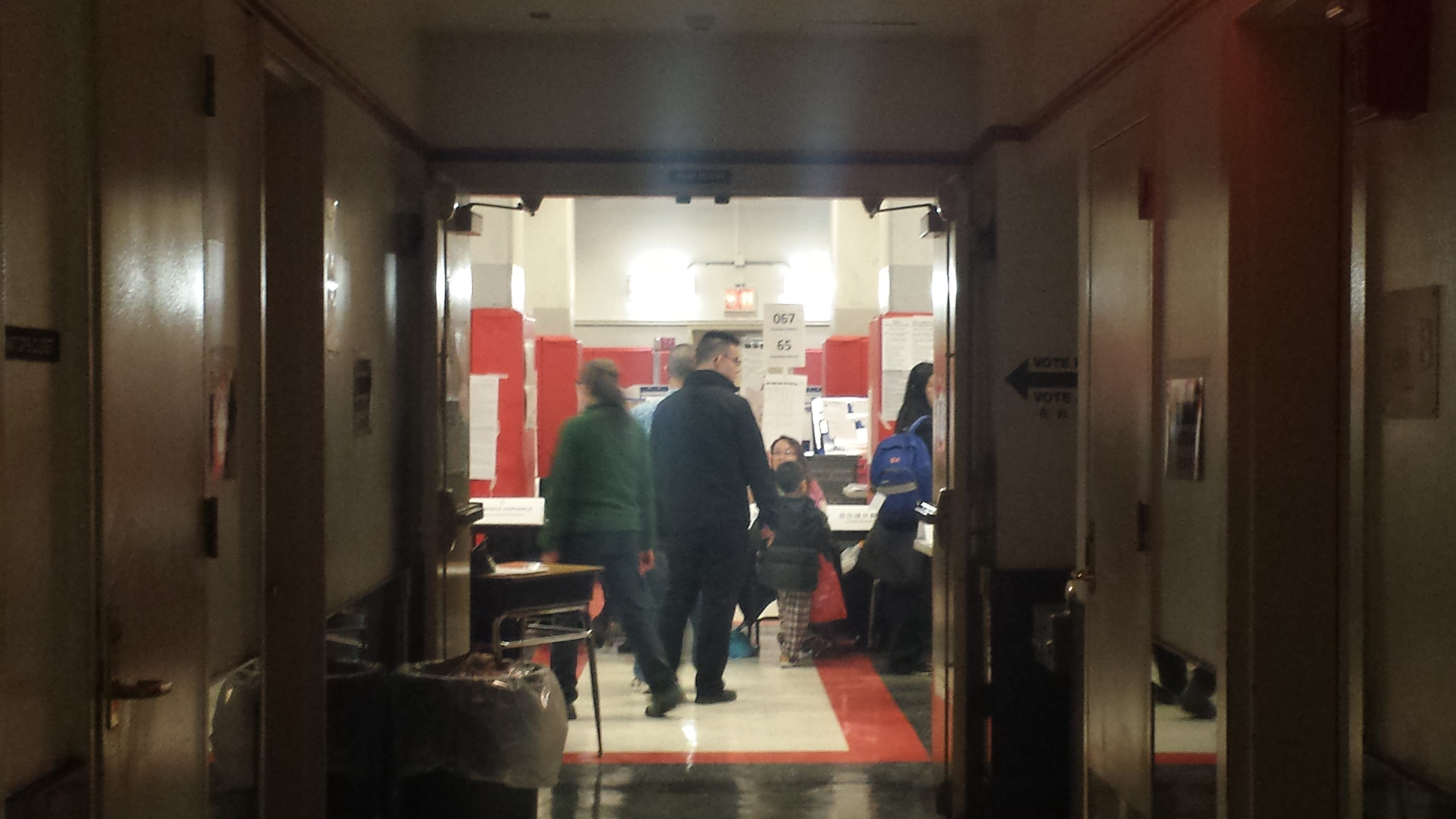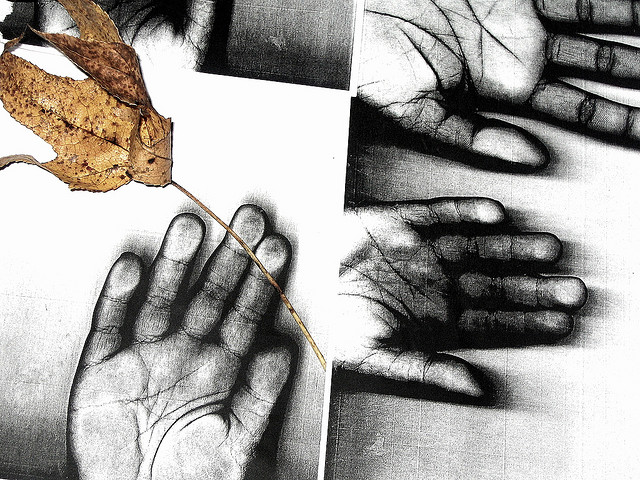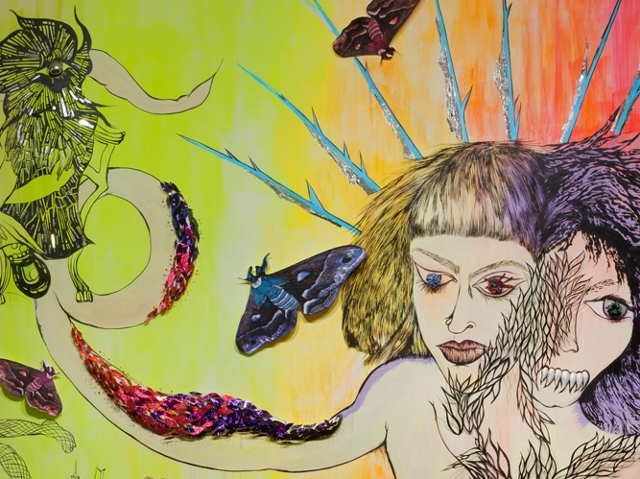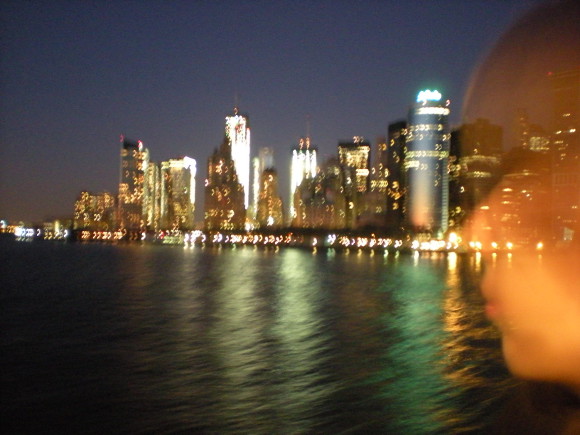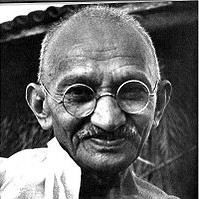A Filipino and a Chinese girl, both comfort women, find friendship in a piece of critical fabulation
How learning a third language became a place of reconciliation for my mother tongues.
How translating the writings of a former Malayan Communist Party member changed me
Malaya’s rainforest in the colonial and military imaginary
Imagining the future through words and through kin
It was not my choosing / to be my grandma’s living heirloom.
I need memory to be boundless, then. More infinite than.
Our sonorous, sorrowful Korean.
A familial haunting returns a Palestinian writer to Arabic.
How has climate change changed the way we write poetry?
Hindi na ibinalik / ng mga dayo ang kinuhang / lupain | The settlers never returned / the land they grabbed
ياق، توختاڭلار! بۇ بۇغداي سېلىقى توغرىسىدىكى سۆز ئەمەس، مانا بۇ يەردە باشنى يە، دەپتۇ |
“No, stop it! This isn’t talking about a tax on wheat, look, it says bashni ye here, that’s ‘eat your head.’”
Say: I am still alive in the birds flown west.
Pieces on the art and politics of translation
Poem by Linh San, translated by Châu Hoàng
Tôi phải ở lại trong ngôn ngữ này, như đã trong một cơn mơ bổng, như đã trong một cú kéo chìm, một tự trói buộc, nhọc nhằn và vẫn ở đó, chút lửa nhen. | I have to reside in this language, as in a flying dream, as in a sinking down, a self-bound, burdensome and still there, little fire.
At this point I will disobey and say / you are free to go if you choose. Choice is a complicated part of describing / Palestinian heroes or terrorists.
‘We do not want to hover like a line of fog, a river’s shadow, but slower: shadows in conversation, gentle only when we don’t bother expecting to be heard.’
‘First memory of English: my father orders spaghetti from a waitress. / Foreign flowers blossom in his mouth and I’m spellbound in Urdu. // On Friday afternoons, cars spill across a bleached suburb. / Not far from the mosque, look! Crooked lines of devout Urdu.’
‘did I ever tell the teacher / we invented a new language that a pair of six year olds spoke fluent / appeasement she pointed to the globe told me to tell him / this is the world and that is America’
‘A family as triangle. Drifting lines. This [mother- father-child] triangle will never be reassembled.’
‘Wanting privacy in a police state was sheer stupidity’—to tell the stories of her family in China without the threat of censorship, Yang Huang had to look beyond Mandarin.
What the painful process of learning Korean, the language spoken by those who love me, has taught me about facing rejection as a writer
‘I remember when I first learned my ABCs. A is for apple, B is for bird, and C is for cat, but further experience taught me, that ABC means American Born Chinese.’
‘there was / my mother packaging miàn tiáo by the sink. / breath in the morning. breath in the afternoon. / the way history comes back to haunt me with / a plump fist. the way my mouth, a cave, opened / and closed.’
‘You hold the knife, you drink the sorrows. / You burn your hands making tea. / When something hurts, / You no longer feel rage. / You wipe up the mess. / Outside, dusk is the color of Violet and ash.’
Writer and mental health advocate Esmé Weijun Wang talks about languages, love, immigrant children, and her debut novel, The Border of Paradise
What does it mean to be a guest of honor at the Frankfurt Book Fair? John McGlynn talks about the Lontar Foundation’s role in bringing Indonesian literature to the world and his own path from puppet maker to translator.
‘The world has a sleek, hot belly / A cue of white space, an inch or several yawning before the drop, towards volta’
In neighborhoods where Asian American voters lack English fluency, poll workers are the overlooked links to electoral participation.
My palms cannot hold back the shifting currents. / They can slap a rhythm, hoist / a banner, hold / your face tenderly between them
The key to enjoying the jubilant, fleshy dread of Feng Sun Chen’s supercut poem is appreciating what one might call the bodily turn in poetry.
In three decades, the United States will have a “majority-minority” population. We asked four artists to consider this demographic shift. Sharing his vision of 2050 is Jeff Ng, a designer better known as jeffstaple and the founder of Staple Design.
In three decades, the United States will have a “majority-minority” population. We asked four artists to consider this demographic shift. First up is An Xiao Mina, a designer and artist who focuses on the role of technology in building communities.
From Abu Dhabi to the East Coast, a temporary resident negotiates the urban spaces that built him.
“I have a mole on the bottom of my foot, and some of my more superstitious relatives told me that if you have a mole on the sole of one foot, you’ll always yearn to visit new places more than most.”
A new Twitter feed goes after those who commit the common crime of misspelling Mahatma Gandhi’s last name.
We would like to collect information during your visit to help us better understand site use. This data is anonymized, and will not be used for marketing purposes. Read More on our Privacy Policy page. You can withdraw permission at any time or update your privacy settings here. Please choose below to continue.

